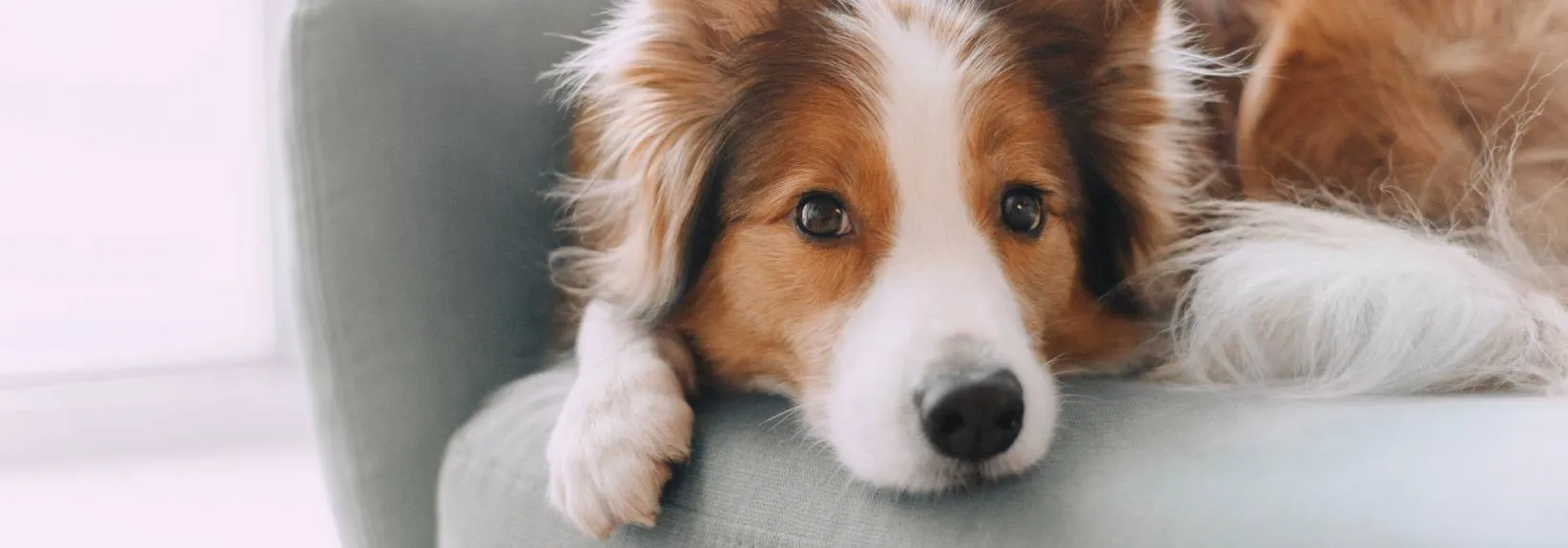What Can Animal Hair Do to My AC Filter?
A family pet is part of millions of families. To be honest, our pets are usually considered a beloved member of the family and we want to {have them around for many years|keep them well-cared for.
Annoyingly, pet hair usually has a negative impact on the efficiency of your air conditioning system. But with routine maintenance, you’ll help preserve steady airflow and protect your air conditioner from harm.
How Do AC Air Filters Work, and Why Are They Important?
Your air filter is a key component of the HVAC system. The filter is the primary solution to capture airborne particles, such as dust, pollen and pet hair, preventing these contaminants from circulating in your home. There is lots of variety in the materials they use to accomplish this, including fiberglass, pleated and electrostatic. The overall effectiveness of an air filter can be measured with its minimum efficiency reporting value (MERV), which ranges from 1 to 20, with higher ratings illustrating maximum efficiency.
An air filter’s key purpose is the protection of the evaporator coil, blower motor and other delicate hardware from dirt and debris that could cause damage. At sufficient efficiency, the air filter also improves indoor air quality by reducing particulates in the air, which often contribute to allergies, asthma attacks and similar conditions.
How Does Pet Hair Affect the Air Filter of My HVAC System?
While animals are shedding, their hair becomes airborne and is drawn into the HVAC system through the return air ducts. Without a filter installed, pet hair accumulates within the evaporator coil, blower motor, fan blades and other components, slowing them down and reducing efficiency. Hair can also mix with condensation formed during air conditioning, creating a breeding ground for mold and bacteria that can generate foul odors and lower indoor air quality.
Even when the filter is already in place, pet hair can still lead to problems. When return airflow draws it toward the HVAC system, the filter does its job by trapping the hair and preventing it from landing on sensitive cooling components. At the same time, this quickly clogs the filter up, putting extra strain on the HVAC system. Without exchanging or cleaning the filter, you may experience higher energy bills and more frequent breakdowns.
What About Animal Dander?
Pet dander, made up of small skin flakes and saliva particles, is a common allergen that causes respiratory problems in people with allergies or asthma. Filters with higher MERV ratings are more likely to effectively capture and remove dander, which is much smaller than pet hair.
How to Care for Your AC System and Filter with Pets
Fortunately, it isn’t hard to protect the efficiency of your AC, even with pets living in your home. Here’s how:
- Stick to a regular schedule when cleaning or replacing the filter: Depending on the number of pets and the filter’s specific design, you should try to replace it after 30 to 90 days. Keep an eye on it every month and replace it when a clog appears.
- Clean your air vents and ductwork: Pet hair gradually piles up against the air registers and grilles, reducing airflow. Trying cleaning these using the brush attachment on your vacuum cleaner as often as needed. Then, call a professional for cleaning out the collected pet hair, dander and dust in the air ducts every few years.
- Keep pets well-groomed: Regular brushing and bathing reduces the hair and dander your pets generate. Keep the brushing outdoors and sweep the area afterward to prevent the hair from getting tracked inside.
- Consistently vacuum and dust: While it affects your HVAC system, pet hair can be found all throughout your home. A lot of it settles on surfaces around the house. Proper cleaning should include vacuuming, sweeping, dusting and washing any pet beds.
- Don’t let debris collect near the outdoor unit: Central air conditioning systems come with an outdoor unit mounted to a concrete slab just outside the home. Clear away any accumulated debris, including pet hair, grass clippings, dead leaves, and other objects. This helps maintain consistent heat transfer for more efficient operation.
- Schedule regular maintenance: Ideally, your local HVAC professional will inspect and maintain the air conditioner annually, preferably in the spring. This professional can identify and fix small issues, clean key components and offer tips to keep your air conditioning running efficiently with pets.
Call for Indoor Air Quality Services
If you’re concerned about how your pets are affecting your HVAC system and indoor air quality, turn to for tailored solutions and top-notch customer service. We offer a range of indoor air quality products designed to minimize pet hair and dander, like high-efficiency air filtration, whole-house ventilation and air duct cleaning. We’ll do whatever it takes to keep getting the most from your air conditioning. Enjoy the peace of mind that everything we do is backed by a one-year 100% satisfaction guarantee! To request indoor air quality services in North America, please contact today.



